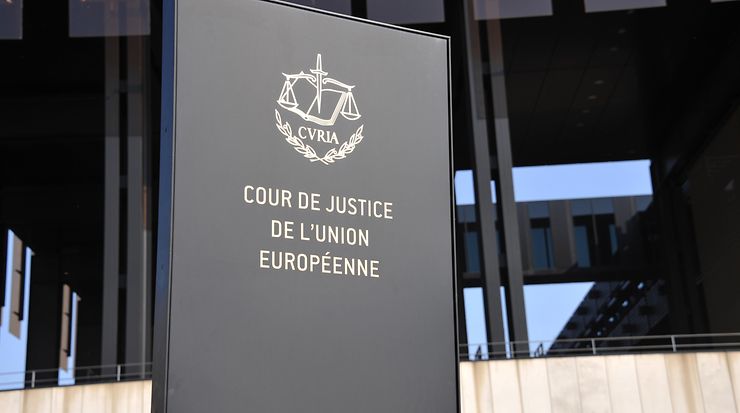Press
The ruling of the European Court of Justice strengthens the proven division of labour between the European Commission and private sector standardization
Statement of DIN and DKE

On 5 March 2024, the European Court of Justice (ECJ) ruled that EU citizens have a right of free access to certain harmonized European Standards vis-à-vis the European Commission if these standards lay down specific safety requirements for products or services. Specifically, the lawsuit concerned four technical standards for toys.
At the same time, the ruling does not call into question the copyright protection of harmonized standards - and therefore it also does not call into question the established European standardization system, which has functioned well for decades.
The ECJ confirms that harmonized European Standards are also drawn up by private-law standardization organizations and that their application is voluntary. The statement that they are "part of EU law" in the judgment must therefore be understood with restrictions. Above all, it does not mean that harmonized European Standards should be equated with other EU legislation, such as directives or regulations. This also strengthens the proven division of labour between the European Commission and private sector standardization.
Privately organized standardization is a successful model: It provides companies with the possibility of easy access to the Single Market. And experts from industry, research, the public sector and civil society from all over Europe contribute their expertise to standardization.
The declared goal is to set open standards in order to anticipate future developments. Only in this way can it be ensured that the requirements correspond to the constantly evolving state of the art, are practical and can be implemented. This represents an essential factor of product safety, on which over 450 million consumers in Europe rely.
A strong European standardization system is also fundamental to Europe's technological sovereignty. The EU standardization strategy published by the European Commission in 2022 states that: “Europe’s competitiveness, technological sovereignty, ability to reduce dependencies and protection of EU values, including our social and environmental ambitions, will depend on how successful European actors are in standardization at international level.”
A strong and well-functioning European standardization system is all the more urgently needed today to fulfil and expand the ambitions set out in the EU Strategy on Standardization. A system based on the commitment and knowledge of experts working in standardization from industry, research, the public sector and civil society.
Following the ruling of the European Court of Justice, we will therefore work swiftly with the European Commission and the actors involved in the standardization process to further strengthen the successful European standardization system and further develop it where necessary.
Christoph Winterhalter, CEO of DIN and ISO Vice President Policy, and Wolfgang Niedziella, Member of the Executive Board of DKE and CENELEC President